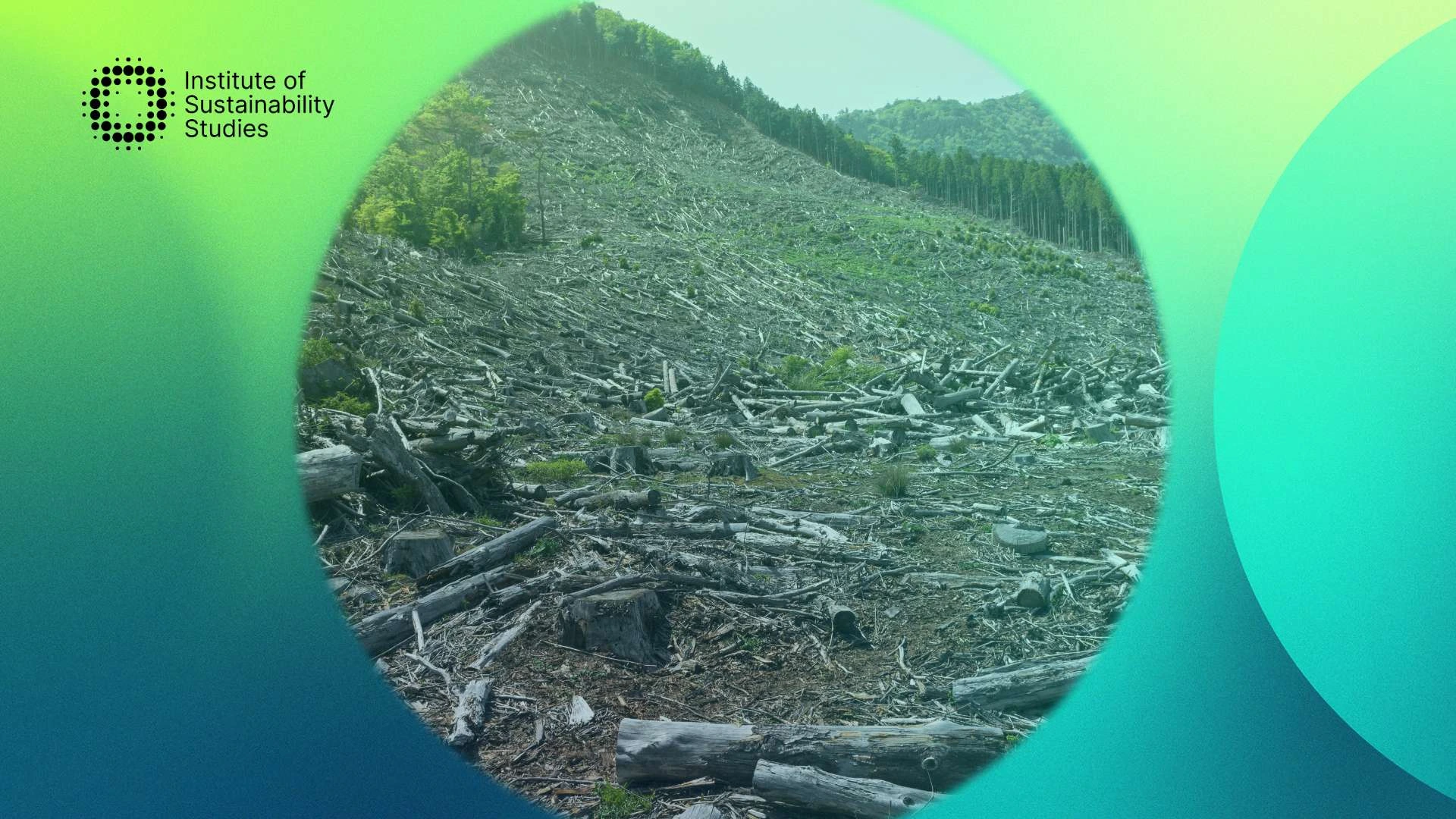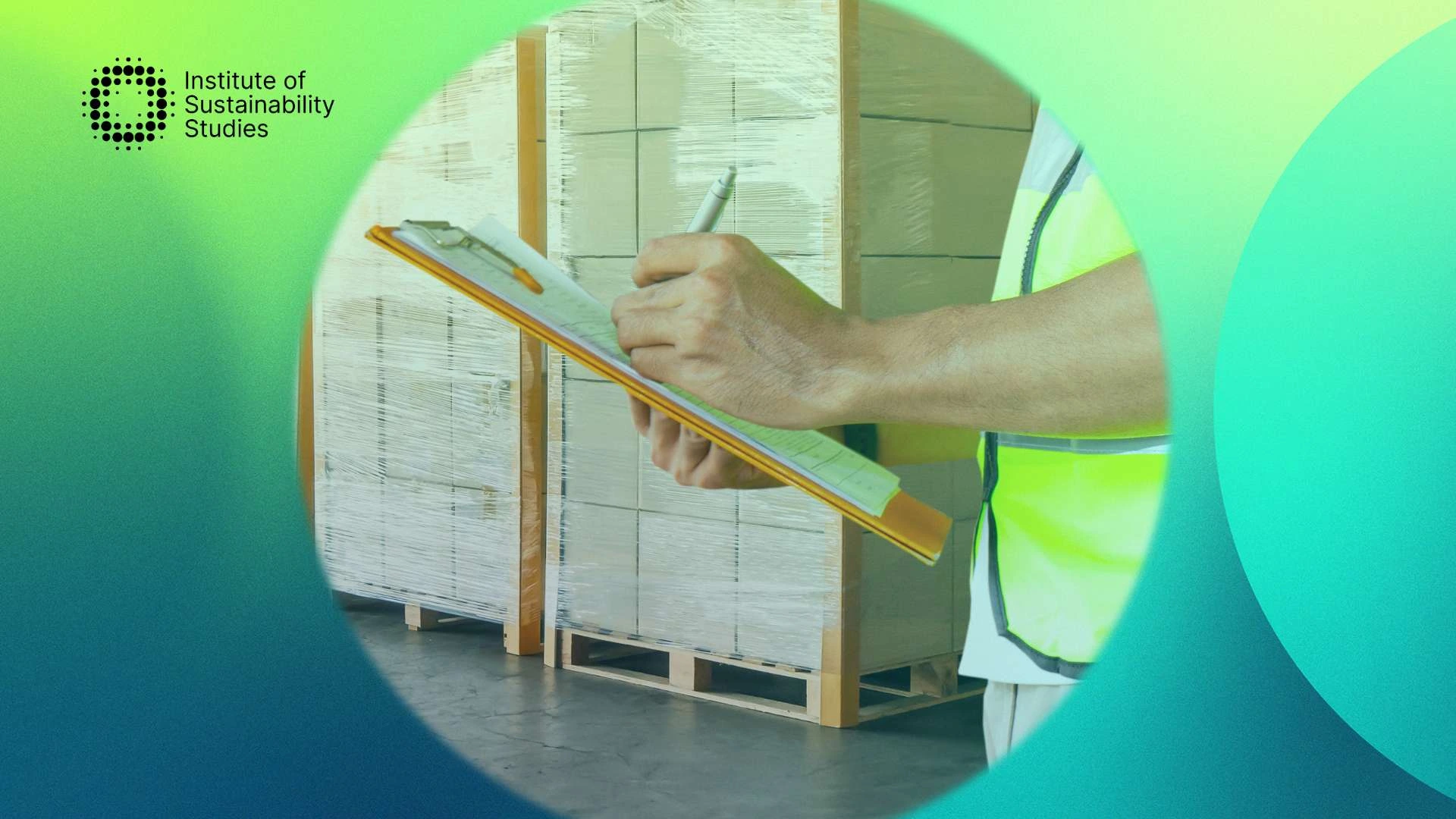When assessing your own impact turns into a journey of knowledge sharing to empower others
Ecoconscious Living is a blog that offers simple tips to help individuals lead more eco-friendly lives. Established by Paula Butler who worked as an environmental consultant for over 25 years advising Government and businesses on environmental issues and climate change, Paula believes in the power of collective small steps to heal our world.
Paula says: “I studied Natural Science at Trinity and when I got into my fourth year of the degree, I knew one thing for sure and it was that I never wanted to see the inside of the lab again. I honestly didn’t really know what I was going to do but then in the last term, we did a short elective on Environmental Management and I was completely gripped and knew it was the area I wanted to work in.”
She adds: “I went away for a year to Australia, came back and completed a Master’s in Environmental Management and Policy in Aberdeen. At the time, there were no environmental master’s in Ireland and only two environmental consultancies in the entire country. I offered to work for free because that was the only way I could get experience. I did a year with one of these consultancies, doing environmental management systems and environmental training.”
Paula describes that a key part of this role was providing basic environmental training for businesses around the country. She shares that after this, the world changed because the EPA introduced waste licensing and IPC licensing. The EPA Licences required companies to set up an Environmental Management System for the first time and there was an overnight explosion in this area of work and all large engineering firms got on board. Due to this, Paula started working with one of those large engineering firms and set up their environmental management division.
Pivoting to her true passion of personal sustainability
Following her position at a large engineering firm, Paula started working with the Sustainable Energy Authority of Ireland (SEAI) where she stayed for 10 years and led the development and introduction of the Building Energy Rating (BER) scheme in Ireland and was ultimately responsible for all the SEAI’s energy grant schemes.
Paula shares: “At that stage, I had two young boys, reaching toddler age so working full-time was going to be too much. This is when I made the decision to set up my own business and when I really started to move back to my broader environmental roots – with a strong focus on personal sustainability.”
Through her blog and social media platforms, Paula shares with her audience how she strives to lead a more environmentally friendly lifestyle by adopting simple, effective, and stylish solutions. Paula only ever shares solutions and products that she uses herself. Moreover, the solutions she shares really work, are simple to do and enrich people’s lifestyles.
Paula says that her epiphany moment came after watching a Netflix documentary on Minimalism. She realised she was helping a lot of companies and organisations to reduce their environmental impact but that like many, she may be overlooking her own personal environmental impact and wanted to walk the talk. She explains: “As a consumer, I have an important duty to look at my own environmental impact and what messages I’m giving to the market. As a mother of two children who are going to be the future, I need to show them how we can tread more softly on this earth.”
The ripple effect of small steps
Paula advocates for starting small or focusing on one element to have the greatest impact. With her blog, she started by looking at how she could clean her home in a more eco-conscious manner. She says: “I took a big box and put all the chemicals we had in the house into it. This is where I came full circle back to my scientific background because I started conducting lots of research and experimenting with various eco-friendly products and DIY recipes. I’m very happy to say now that we do not use any nasty chemicals for cleaning in our home.”
For example, Paula no longer purchases bleach, glass cleaner, oven cleaner, etc. Her main cleaning product is castile soap and water! That was Paula’s first personal project she set out on and since she has gone through many others such as fast fashion and her current obsession is food waste. On fashion, she shares: “Most of my clothes now are purchased preloved and when clothes shopping, this is always my first port of call.”
When it comes to food waste, her view is that “Food waste is a significant environmental issue. We are all very busy so my main advice to people is to plan their food each week. I sit down on Sunday evening and build out a very simple meal plan which means I have less stress around dinners, shop less, spend less, and waste literally nothing.”
She adds: “It sounds easy but to tackle food waste effectively, a lot of people can benefit from some simple tools and guidance. For example, some basic recipes and guidance on quantities, advice on food storage, and more. These are things we’re not taught in school any more so having someone there who can provide some basic tools, support, and inspiration is helpful and this is what I aim to do through my website and Instagram account.”
Managing eco-anxiety and navigating challenges in sustainability advocacy
Paula’s work also sees her visit schools and give talks to empower staff and school children to make more sustainable choices. However, she is careful to watch the balance between providing education on climate change and managing eco-anxiety.
She says: “In one of the schools I went to, we did a baseline waste audit and after getting the results of the audit, everyone was very disheartened. However, I was able to point out that this was a first step and that the best way to tackle any environmental issue is to measure it first. The school is investing significant time and money in a new waste system, but it takes time to implement these measures and it is important to set realistic goals and focus on one area at a time.”
Touching on challenges along the way, Paula explains that one of the biggest ones she faced in the early days was that people didn’t understand what she did and that if you worked on environmental issues, it was assumed you were some kind of crazy ‘eco-warrior’. She also shares that when putting out opinions on environmental topics, even now, it is normal to be met with some judgement. This judgement can sometimes present itself as critiquing a sustainability advocate for not being 100 percent perfectly sustainable, an aspiration that is quite impossible.
She says: “Everybody is doing their best to cope with life. My philosophy is you don’t have to go totally vegan; you can just eat less meat and more plants. Additionally, you don’t have to break up with fast fashion overnight; you could just buy less clothing, try out some preloved shops/websites, or upcycle what you have. Just because a person cares about the environment doesn’t mean they will never do anything again that has a negative impact on the planet. These impossibly high standards are what makes sustainability so daunting for many people and businesses.”
Paula’s advice for businesses embarking on their sustainability journey is to ask themselves where their champion is. She explains: “Every company needs their environmental champion, someone who is passionate about the environment and that person will drive the mission forward. You can introduce new processes and procedures but if someone isn’t there to keep it going, things won’t progress. Addressing your environmental impact isn’t easy, however, there are often many unforeseen benefits from these initiatives and they will often have additional positive outcomes for the business and the customers.”
_____
Want to read more business spotlights?
Dedicated to harnessing the power of storytelling to raise awareness, demystify, and drive behavioural change, Bronagh works as the Communications & Content Manager at the Institute of Sustainability Studies. Alongside her work with ISS, Bronagh contributes articles to several news media publications on sustainability and mental health.
- Bronagh Loughlinhttps://instituteofsustainabilitystudies.com/insights/author/bronagh/
- Bronagh Loughlinhttps://instituteofsustainabilitystudies.com/insights/author/bronagh/
- Bronagh Loughlinhttps://instituteofsustainabilitystudies.com/insights/author/bronagh/
- Bronagh Loughlinhttps://instituteofsustainabilitystudies.com/insights/author/bronagh/











